
1. Paan (Betel Leaf with Areca Nut)
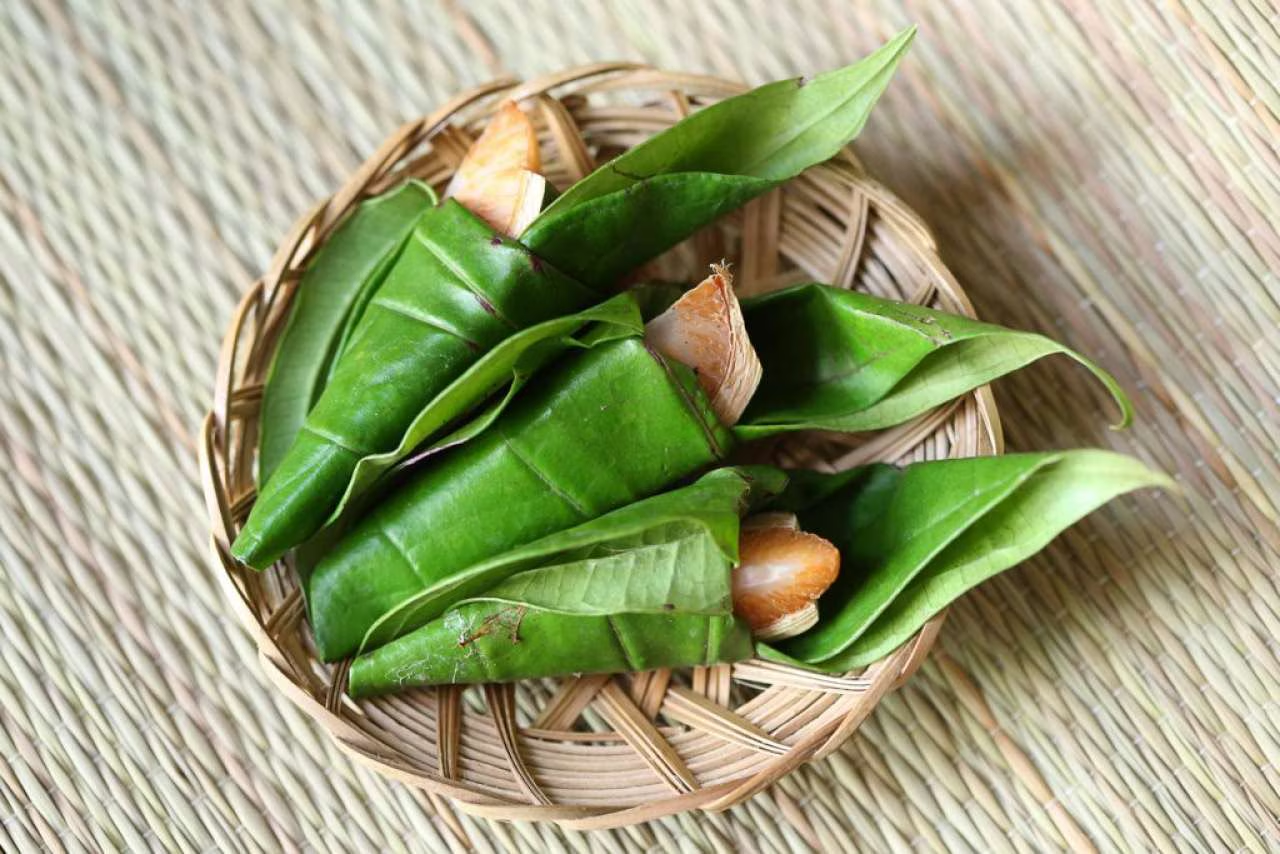
Ban Locations: USA, Canada, UK
Reason: health Concerns
Indians love paan, a traditional betel leaf concoction packed with areca nut, slaked lime, and other condiments, for its digestive and breath-freshening qualities. However, the World health Organization (WHO) has designated areca nut as a carcinogen. Because chewing paan increases the risk of mouth cancer and other health problems, it is prohibited in the United States, Canada, and the United Kingdom.
2. Kinder Joy
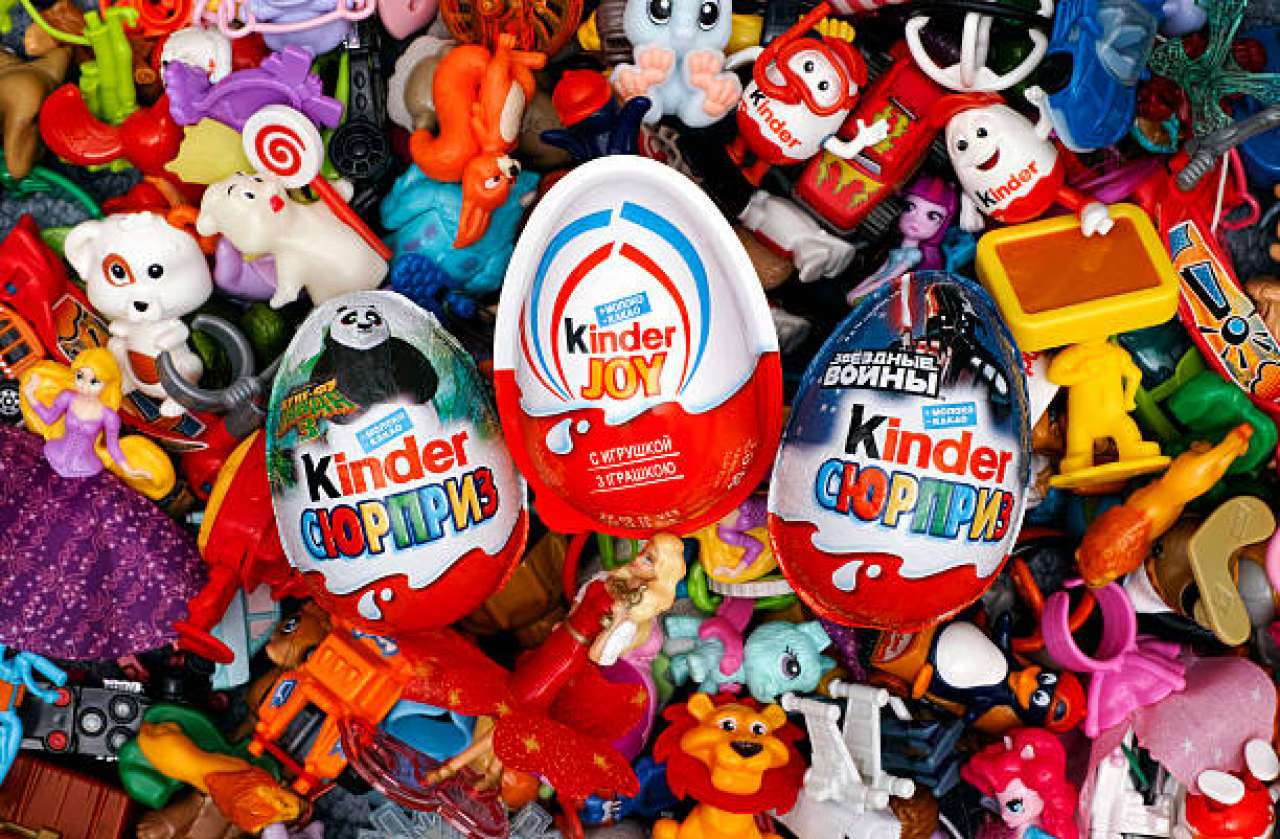
Ban Locations: USA
Reason: Safety Concerns
Despite not being typically indian, Kinder Joy is quite well-liked in India. Due to safety concerns about the little toys within the chocolate egg posing a choking hazard to youngsters, it was outlawed in the USA. This beloved delicacy was outlawed because to the USA's stringent laws on food products that include non-edible materials.
3. Haggis
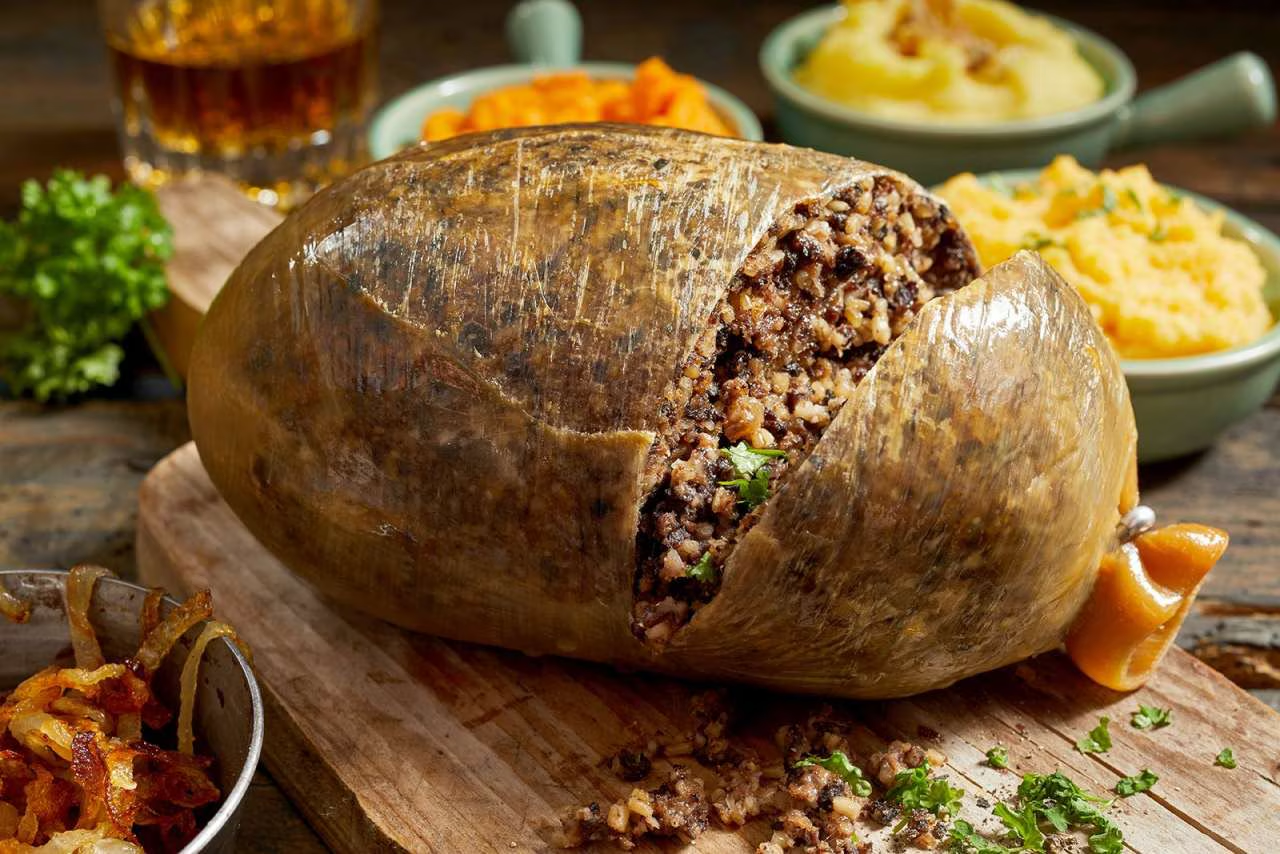
Ban Locations: USA
Reason: health Regulations
This list includes the Scottish delicacy haggis since it is used in indian fusion cooking. Sheep's lung is a component of the traditional recipe, however importing animal lungs for human consumption has been prohibited in the USA since 1971 owing to health concerns. Indirectly, haggis-infused indian fusion cuisine has been impacted by this restriction.
4. Sambhar (with Brinjal)
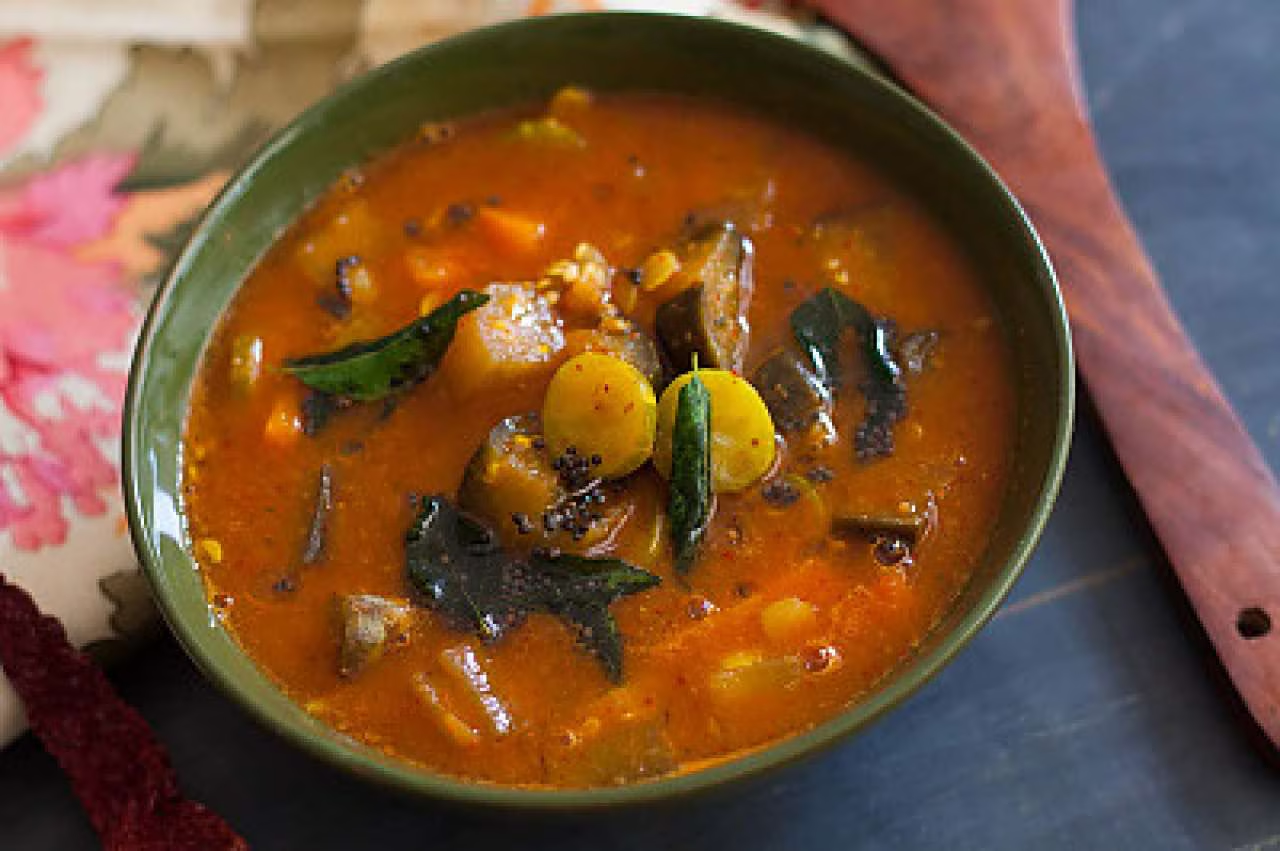
Ban Locations: european union (Certain Varieties)
Reason: Agricultural Concerns
While sambhar is not prohibited in and of itself, the european union has placed limitations on several variants that contain brinjal, or eggplant. This is because imports of brinjal have raised worries, especially about pests and illnesses that can harm local agriculture. To safeguard its own crops, the EU maintains tight restrictions on the importation of some agricultural items.
5. red Food Coloring (Certain Synthetic Dyes)

Ban Locations: european Union
Reason: health Concerns
In the european union, some artificial red food colorings, such Ponceau 4R, and Rhodamine B, that are frequently used in indian desserts and recipes are prohibited. These colors may cause cancer and have been connected to hyperactivity in kids. Foods containing these chemicals are thus prohibited in a number of nations.
6. jaggery (Gur)
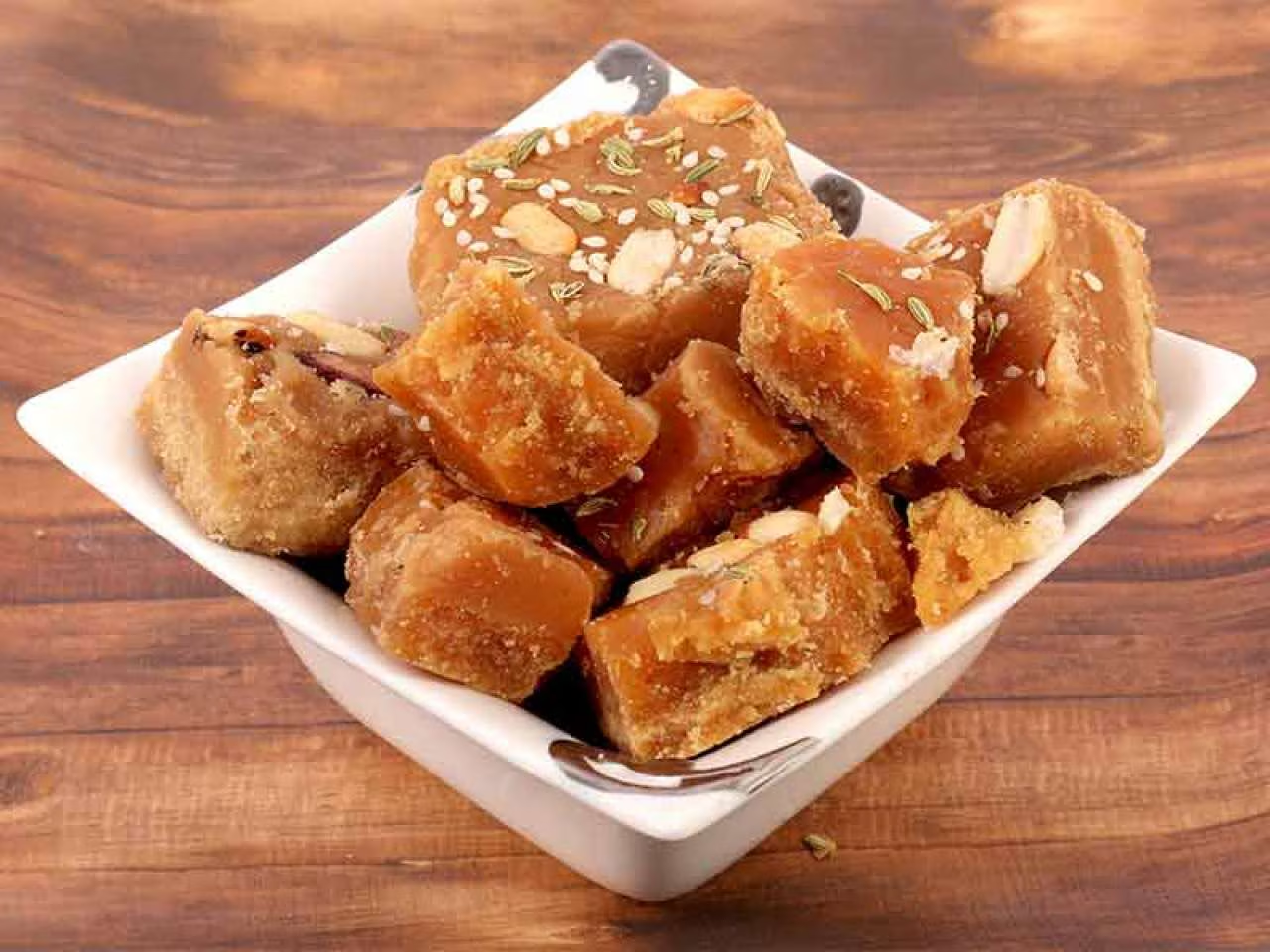
Ban Locations: USA (Certain Unregulated Imports)
Reason: Safety and Quality Standards
Many indian homes are stocked with jaggery, a traditional unrefined sugar derived from sugarcane or palm sap. However, because to worries about contamination and uneven quality standards, uncontrolled jaggery imports into the USA have been banned. Strict food safety laws may prohibit the use of a product if its production procedures are not standardized and result in contaminants.




 click and follow Indiaherald WhatsApp channel
click and follow Indiaherald WhatsApp channel